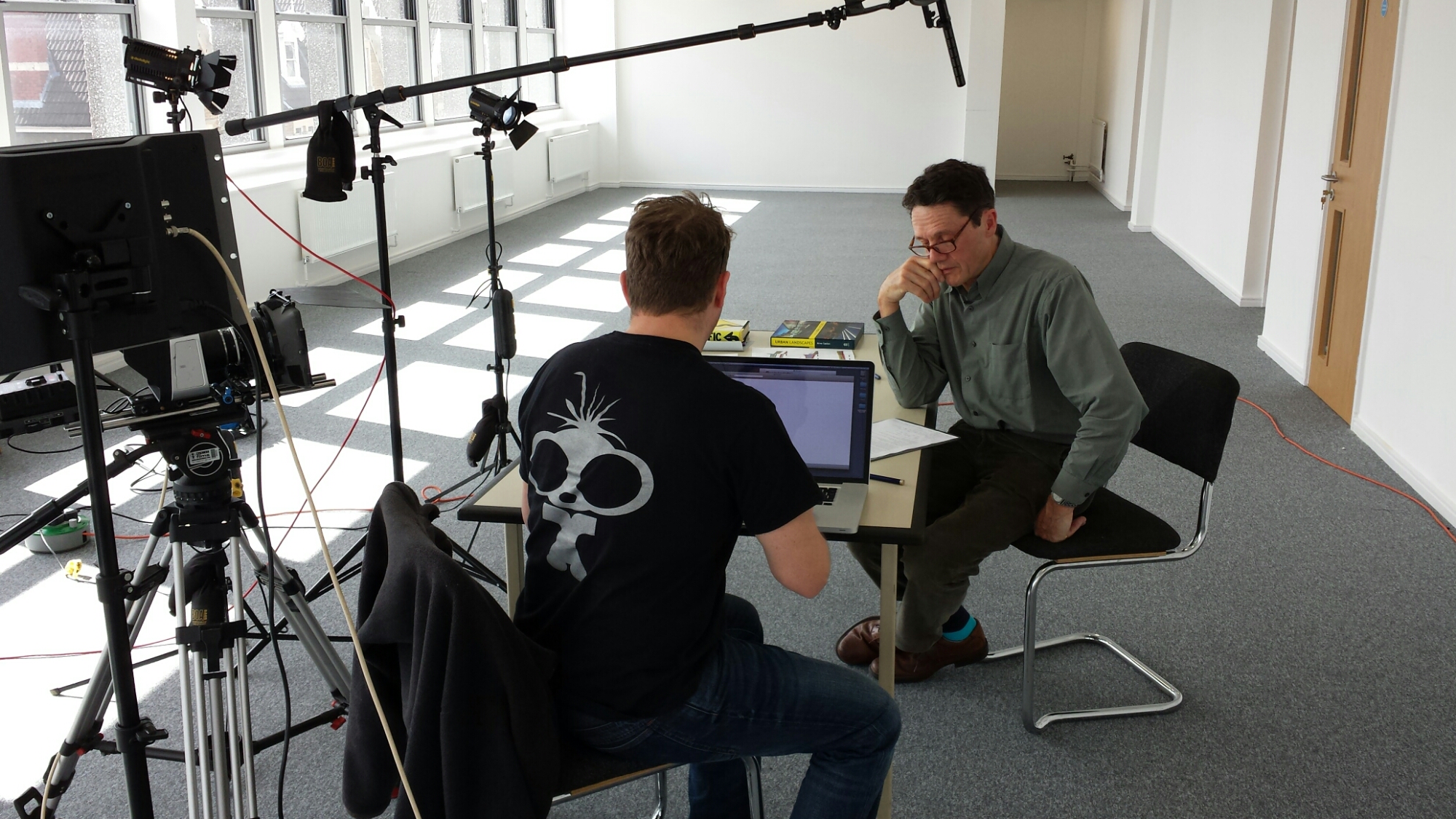On 1 Dec at the House of Commons is the launch of a 2-year study by Colin Davies which presents evidence from Poynton that since traffic control was removed and the streetscape redesigned, accidents have stopped happening and the local economy is booming. Despite repeated efforts at getting the success story in the press or TV, I’m still getting no interest, most bizarrely, from Newsnight who commissioned my 2008 “Case against traffic lights”. (Then the editor was Peter Barron; now it’s Ian Katz.) My efforts at getting a documentary commission are also falling on stony ground. Are BBC TV commissioners really more interested in cupcakes than making the public realm safe, efficient and congenial?
For the record, here is a transcript of my recent pitch to Newsnight and the reply. A subsequent email to Ian Katz went unanswered.
A study of the transformational traffic light-free Poynton scheme (which through the film and the Portishead trial I had a hand in) is being launched at the House of Commons on 1 December (see below). Could that provide the cue for a (long overdue) follow-up piece to my 2008 Newsnight report? Bear in mind that my case against standard traffic control includes the revelation that reform promises beneficial cuts that dwarf the painful cuts in welfare and policing that government and media would have us believe are inevitable.
A traffic light costs £150,000 to install, 10% a year to maintain, and requires infrastructure replacements every 15 years. The DfT doesn’t know the number of traffic lights in the UK “because local traffic authorities are not required to tell us.” Nor does the National Audit Office know. Astonishingly, the NAO has never looked at the cost of traffic (mis)management. They suggested I ask the DfT!
A traffic engineer’s best estimate of the number of traffic lights is 45,000 (£7bn in installation costs alone) = a multi-billion gravy train for systems manufacturers and salespeople. As I’ve long maintained, and as is now shown by evidence, most traffic lights are an unnecessary evil. When we are free to use common courtesy, gains are dramatic: accidents stop happening, journey times and emissions fall, quality of life and space are transformed, local economies thrive.
While social benefits and policing are cut, the Treasury goes on pouring money into systems of control that are demonstrably bad for us. Traffic management is a gross public disservice, yet is immune from spending cuts. Is Ian going to commission an agenda-setting item from me? Please let me know ASAP either way.
[Reply from Forward planning producer, Newsnight]
Hi Martin
Thanks so much but we aren’t looking at this issue at the moment
Very best, Sam
From: COLINJDAVIS
Subject: Street Design for All
Martin
As discussed, you are invited to the House of Commons on Monday 1 December at 3.00 pm for the launch by the Minister for Transport of my study, Street Design for All. We now have the two year accident figures for Poynton. They show a sustained and dramatic reduction in accidents. The study records and explains the psychology behind it. Traffic lights give people a false sense of security. As you have always said, if there are no traffic lights, drivers approach junctions with care at low speeds, and respond safely to whatever is in front of them. You should go back on Newsnight and say “Told you so!”
All the best
Colin

